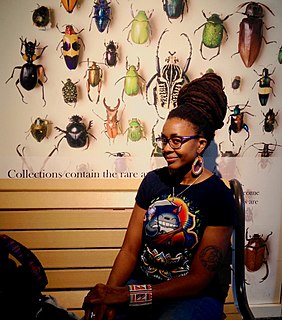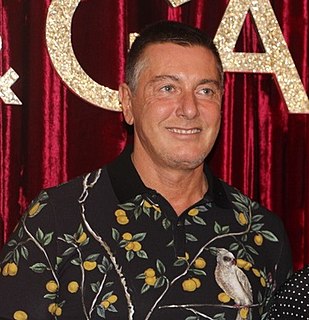A Quote by Nnedi Okorafor
'Who Fears Death' addresses the push and pull in African culture that powerful women face when their culture has certain duties and beliefs that can stifle them.
Related Quotes
So in Jamaica it is the aim of everybody to talk English, act English and look English. And that last specification is where the greatest difficulties arise. It is not so difficult to put a coat of European culture over African culture, but it is next to impossible to lay a European face over an African face in the same generation.
Flamenco is connected with so many types of music. It has Jewish culture inside, Arabian culture inside, Russian culture inside, Spanish culture inside. It's linked to African music too, because African music has the 'amalgama' rhythms you can find in flamenco. You can find everything in flamenco. That's why it's so beautiful.
Many teachers of the Sixties generation said "We will steal your children", and they did. A significant part of America has converted to the ideas of the 1960s - hedonism, self-indulgence and consumerism. For half of all Americans today, the Woodstock culture of the Sixties is the culture they grew up with - their traditional culture. For them, Judeo-Christian culture is outside the mainstream now. The counter-culture has become the dominant culture, and the former culture a dissident culture - something that is far out, and 'extreme'.
It seemed [there are] musical nodes on the planet where cultures meet and mix, sometimes as a result of unfortunate circumstances, like slavery or something else, in places like New Orleans and Havana and Brazil. And those are places where the European culture and indigenous culture and African culture all met and lived together, and some new kind of culture and especially music came out of that.
Since the 1960s, mainstream media has searched out and co-opted the most authentic things it could find in youth culture, whether that was psychedelic culture, anti-war culture, blue jeans culture. Eventually heavy metal culture, rap culture, electronica - they'll look for it and then market it back to kids at the mall.





































